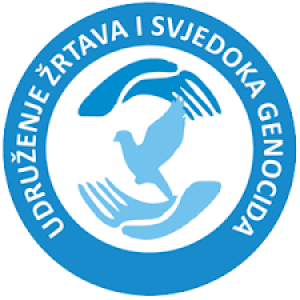THE HAGUE/SARAJEVO, July 25 (FENA) - The Mechanism for International Criminal Tribunals has ended a pilot project that allowed Hague detainees like Radovan Karadžić to use online video-telephone technology, citing security risks.
The Mechanism for International Criminal Tribunals has decided to discontinue a pilot project that enabled the Hague war crimes court’s detainees to make and receive video calls via the internet, saying there were security concerns.
The pilot project was launched after former Bosnian Serb political leader Radovan Karadžić demanded several times to be allowed access to Skype or some other kind of video communication to speak to his family.
“The chief of the United Nations’ Detention Unit identified and analyzed a high-security risk of the current system, and that is the fact that video calls by detainees might be recorded or broadcast live on social networks on the internet, as well as the lack of modalities for preventing that,” said the decision by the UN court’s registrar’s office.
The video calls are risky because they cannot be monitored in real-time due to the technical and resource limitations of the UN Detention Unit, it added.
It said that detainees had previously misused the communications system at the Detention Unit for making public statements or taking part in TV shows without permission from the Detention Unit chief, as required by the rules.
Earlier this year, Karadžić made a phone call to participants at a public forum in Montenegro in which Bosnian Serb war crimes convict Momčilo Krajišnik appeared as a guest speaker.
At the end of last year, former Bosnian Serb military chief Ratko Mladić called in live from the Detention Unit to a show on Serbia’s Happy TV station.
After each incident, the registrar’s office ordered that the men’s phone calls be monitored for a certain period of time.
“Reports and recommendations by the Detention Unit chief suggest that detainees cannot use video communication in a safe way that does not represent a risk for implementation of justice, including violating court decisions, exerting influence on witnesses or intimidating them, jeopardizing the security of any person or posing risk to the security of the Detention Unit or any person in that building,” the decision said.
The Detention Unit was told to explore other options such as email to improve the detainees’ possibilities for communication.
Karadžić’s lawyer Peter Robinson told BIRN that he would contest the decision.
“We shall file an appeal this coming week,” Robinson said.
Karadžić was sentenced to life imprisonment in March for genocide and other wartime crimes.
The final verdict in Mladic’s trial is expected next year.
(FENA) S. R.











